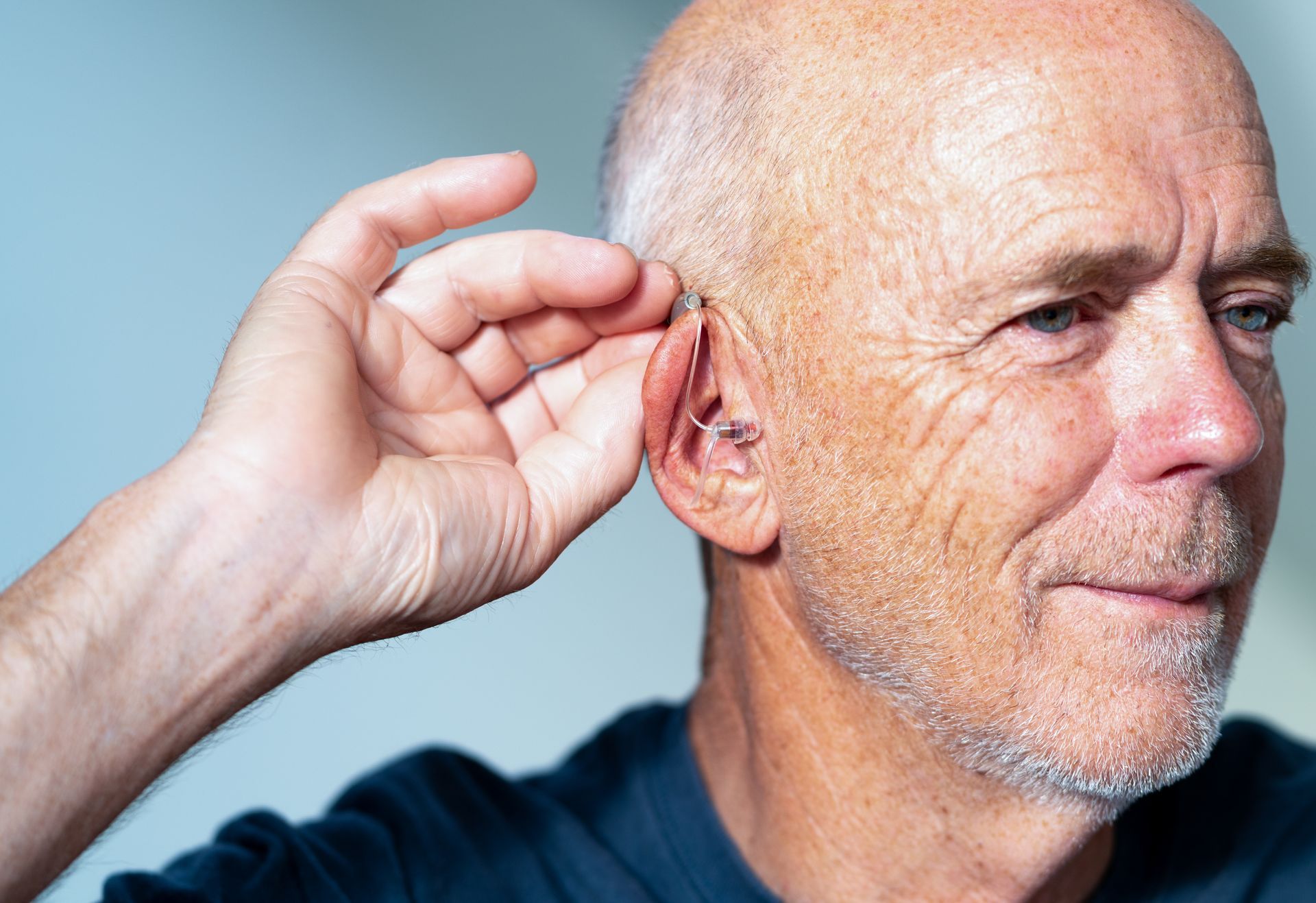We offer a different kind of care at the Center for Hearing in Naples.
Our compassionate team of audiologists takes a holistic clinical approach to examine your hearing through accurate diagnosis and individualized treatment.
Whether you experience tinnitus, need new hearing aids or are curious about the effects of hearing loss, we’re here to help at the Center for Hearing.
1 On 1 Meeting
Better hearing starts when you meet your experienced clinician. Tell us about yourself, your current concerns and where you would like to see improvement.
Hearing Assessment
Your clinician will guide you through a complete set of tests to measure your hearing potential. It’s easy, painless and takes about 30 minutes.
Personalized Solutions
Based on your hearing test results we can recommend options, which may include what hearing aids will meet your needs. There’s a variety of pricing options: We always want what works best for you.
Follow Up
If you do decide to try hearing aids, you can do so. You have 90 days to return any purchase. You won’t get stuck and we’re here for you whenever you need a hand.
Hearing Services Naples, FL
Could You Have Hearing Loss?
Hearing Loss affects millions of people each year. Whether you’ve noticed changes in your hearing or want to learn more about treatment options, we can help put your worries at ease.
Hearing AIDS Naples, FL
New to Hearing Aids?
We offer a variety of hearing technology from some of the best hearing device manufacturers on the market today. Learn more about why hearing aids are the preferred treatment for hearing loss.
TINNitus Services Naples,FL
Notice Strange New Sounds?
Some people describe tinnitus as a hissing, roaring, whooshing or buzzing sound instead of ringing. It may be sporadic or constant and is a symptom of an underlying condition rather than a disease itself. Thankfully, there are ways to find relief.
Blog








